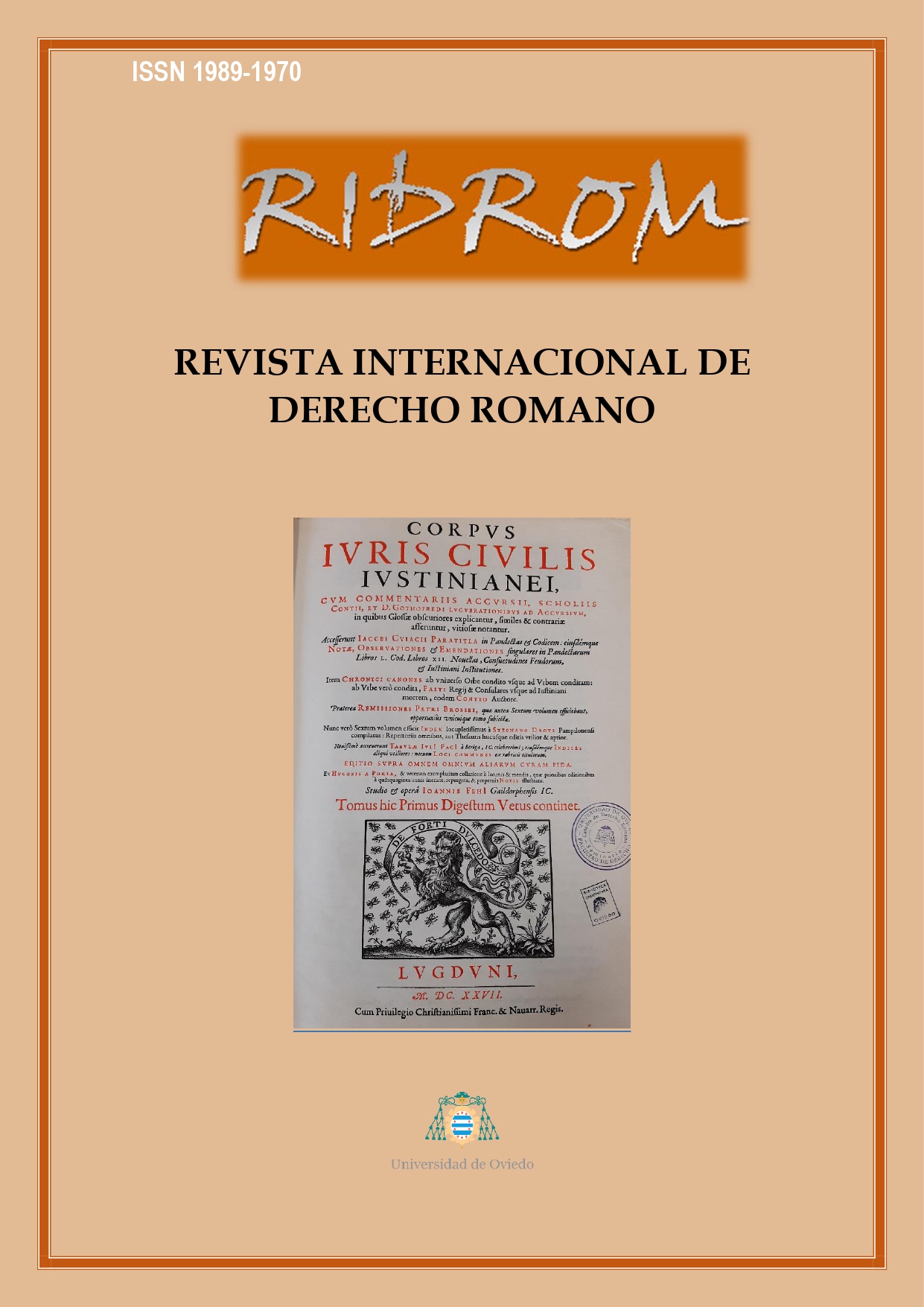Abstract
The main purpose of this paper is to establish a new framework for the better understanding of general clauses with the prospect of providing new, alternative interpretations, which could lay down a firm theoretical basis for the comparative analysis of a specific general clause to be conducted further on. The examples for this purpose have been selected from Roman law. The conclusions are formulated at a moderately abstract level. It can be concluded that the dogmatic difficulties related to general clauses derive predominantly from the fact that the concept and the content of this term unites two antagonistic approaches. Formally, assuming an external and formal system, general clauses suggest that law can be cognitively approached whereas substantially, they seek to come over the flaws of the self-contained theoretical system by pointing to the internal characteristics of law..Downloads
Download data is not yet available.

